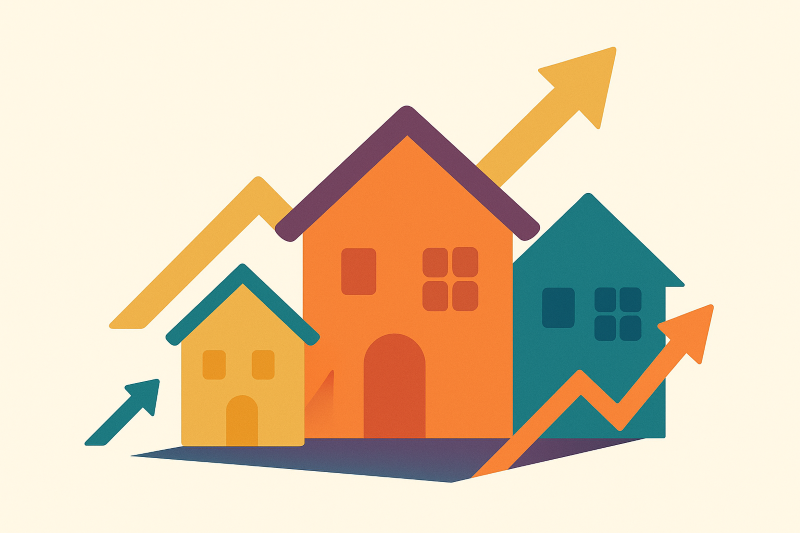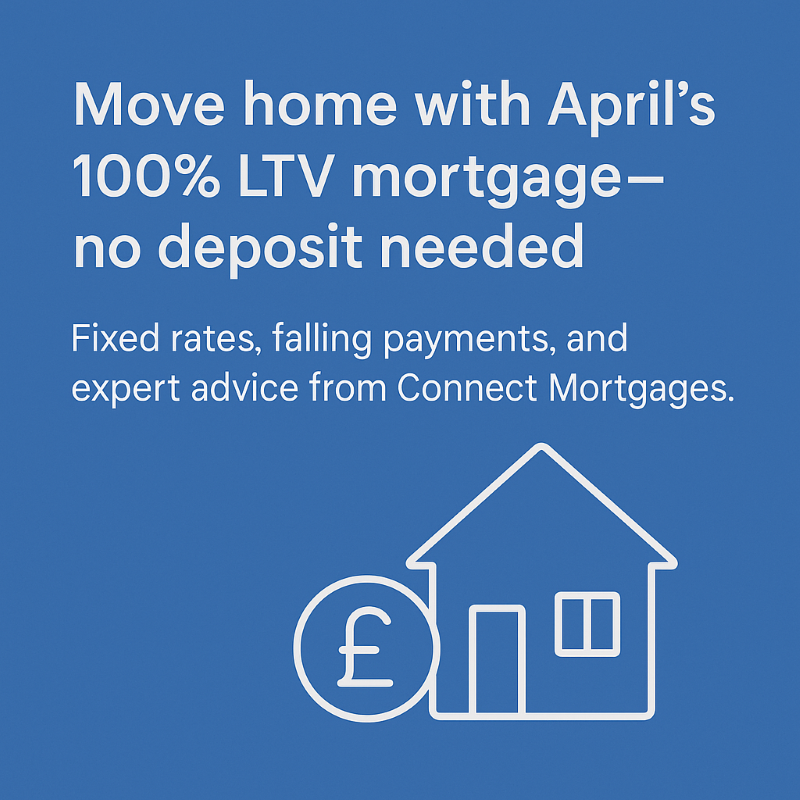In the realm of finance, the pursuit of homeownership has led to the creation of various types of mortgages, enabling individuals to realise their dreams of owning a home. This article explores different types of mortgages, shedding light on their key features and potential benefits.
We at Connect Mortgages, an award-winning mortgage broker and loans expert, specialise in the following;
Residential
- First Time Buyer Mortgages
- Moving home
- Self Employed Mortgages
- Second Charge Mortgages
- Equity Release
- Overseas Mortgages
- Expat Mortgages UK
Commercial
Buy to Let
Insurance
- Mortgage Protection Insurance
- Buildings and Contents Insurance
- Critical Illness Cover
- Landlord Insurance
- Live Cover
Today we want to discuss “Islamic mortgage”, a halal or Sharia-compliant mortgage. Rooted in Islamic principles, these mortgages provide an alternative option for Muslims who wish to adhere to their religious beliefs while fulfilling their dream of owning a home. In this article, we will delve into the concept of Islamic mortgages, exploring their underlying principles, how they work, and their key features.
For Muslims seeking homeownership, adhering to the principles of Islamic finance is a paramount consideration. Islamic teachings strictly prohibit engaging in interest-bearing transactions, making traditional mortgages incompatible with religious beliefs. Various halal alternatives have emerged to address this challenge, providing Muslims with sharia-compliant options to fulfil their dream of owning a property.
Several UK banks are offering Islamic mortgages to cater to the needs of Sharia-conscious individuals. These banks have dedicated Islamic finance divisions or departments specialising in providing Sharia-compliant financial products, including mortgages.
What are the types of Sharia mortgages?

Individuals have various options aligned with Islamic principles when seeking a Sharia-compliant mortgage. These alternatives provide halal methods for financing home purchases, avoiding interest-based loans prohibited in Islam. Below are three common types of Sharia-compliant mortgages:
Murabaha Mortgage
The Murabaha mortgage, often called a “cost-plus” arrangement, is a preferred choice among Muslim homebuyers. The lender purchases the property on behalf of the buyer and sells it to them at an agreed-upon price. The buyer repays this amount in instalments over a specified period. While the repayment exceeds the original purchase price, the surplus represents the lender’s profit, not interest.
Ijara Mortgage
The Ijara mortgage, also referred to as a leasing arrangement, offers another Sharia-compliant option. The financial institution buys the property and leases it to the buyer for an agreed period. The buyer pays rent, which helps build equity in the property. At the end of the lease, the buyer may purchase the property at a pre-agreed price.
Musharaka Mortgage
A Musharaka mortgage involves a partnership between the buyer and the financial institution. Both parties invest capital in the property, sharing ownership based on their contributions. The buyer makes monthly payments, which combine rent and gradual acquisition of the lender’s share. Over time, the buyer’s ownership grows, reducing the rent portion, until they become the sole owner.
Depending on the financial institution, these mortgage types may vary in structure and terms. Each one offers a halal alternative to conventional interest-based mortgages, enabling Muslims to achieve homeownership while adhering to their faith.
When considering these options, seek advice from Islamic scholars or experts in Islamic finance. They can verify compliance with Sharia principles and clarify the terms and conditions, helping you make an informed decision aligned with your beliefs.
What are the risks of an Islamic mortgage?

Islamic mortgages offer a Sharia-compliant alternative to interest-based mortgages but come with risks individuals must consider.
Limited availability:
Islamic mortgages are less widely available than conventional ones. Not all UK lenders provide these products, which restricts options for homebuyers. Finding financing options aligned with Islamic principles can be difficult.
Higher costs:
Islamic mortgages often include additional expenses compared to traditional mortgages. Their structures comply with Islamic principles, leading to higher transaction and administrative fees. Buyers might encounter charges like arrangement fees, increasing overall mortgage costs.
Restricted property options:
Some providers impose specific criteria on financed properties. Properties linked to non-compliant activities or with certain leasehold terms may not qualify. This limitation reduces the range of properties available to buyers.
Valuation risks:
These mortgages often use partnerships or leasing arrangements, introducing valuation risks. Accurate property valuation at the outset is crucial, as it determines the sale price or rental payments. Discrepancies may lead to disputes or financial issues.
Limited flexibility:
Islamic mortgages typically offer fewer flexible terms than conventional options. Early repayment or refinancing may face restrictions or incur extra charges, limiting borrowers’ ability to adjust their mortgage based on changing needs.
Potential delays and complexities:
The unique structure of Islamic mortgages may cause delays in application and approval. Compliance verification involving Sharia boards or experts can introduce additional steps and complexity.
It is vital for individuals considering an Islamic mortgage to assess the terms and conditions provided by the lender thoroughly. Seeking advice from Islamic finance specialists and legal experts ensures an informed decision aligning with financial goals and religious principles.
As a Sharia buyer, where can I find an Islamic mortgage?
We work with a network of over 170 lenders, offering diverse mortgage options, including Islamic mortgages. These halal alternatives align with Islamic principles, providing Muslim homebuyers with faith-compliant options.
Our recommended lenders offer Sharia-compliant financing mechanisms, allowing Muslims to achieve homeownership without compromising their religious values. This ensures that buyers can confidently pursue their dream homes while adhering to their beliefs.
Islamic mortgage options empower individuals to make informed decisions while navigating the property market. Our team conducts detailed research and provides tailored advice to ensure a smooth, Sharia-compliant home-buying process.
Explore our blog, How Do Islamic Mortgage Work?, for further insights.
Thank you for reading our publication “Explore Amazing World of Islamic Mortgages | Contact Connect.” Stay “Connect“-ed for more updates soon!






